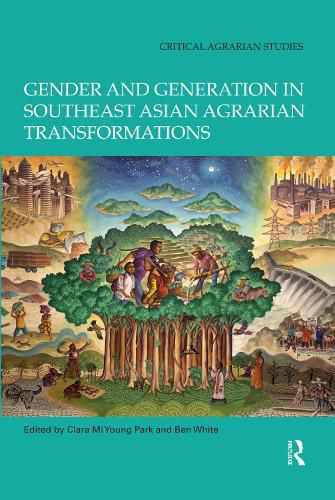The contributions to this collection focus on the intersecting dynamics of gender, generation and class in Southeast Asian rural communities engaging with expanding capitalist relations, whether in the form of large-scale corporate land acquisition or other forms of penetration of commodity economy. Gender, and especially generation, are relatively neglected dimensions in the literature on agrarian and environmental transformations in Southeast Asia. Drawing on key concepts in gender studies, youth studies and agrarian studies, the chapters mark a significant step towards a gendered and ‘generationed’ analysis of capitalist expansion in rural Southeast Asia, in particular from a political ecology perspective. The collection highlights the importance of bringing gender and generation, in their interaction with class dynamics, more squarely into agrarian and environmental transformation studies. This is key to understanding the implications of capitalist expansion for social relations of power and justice, and the potential of these relations to shape the outcomes for different women and men, younger and older, in rural society.
The chapters in this book were originally published in a special issue of The Journal of Peasant Studies.





